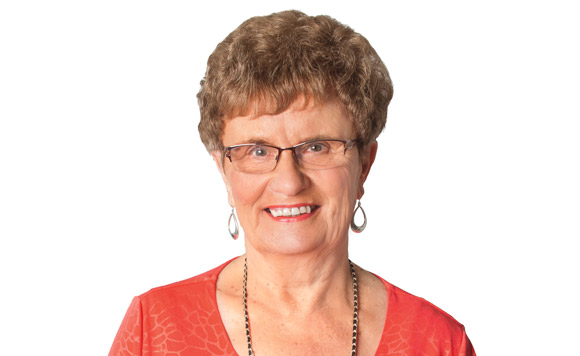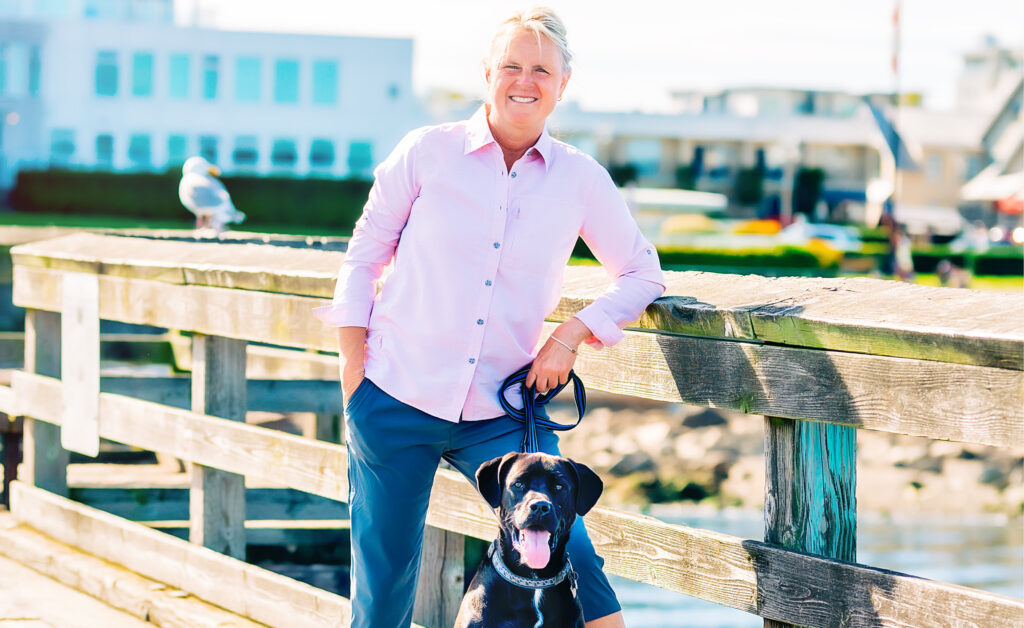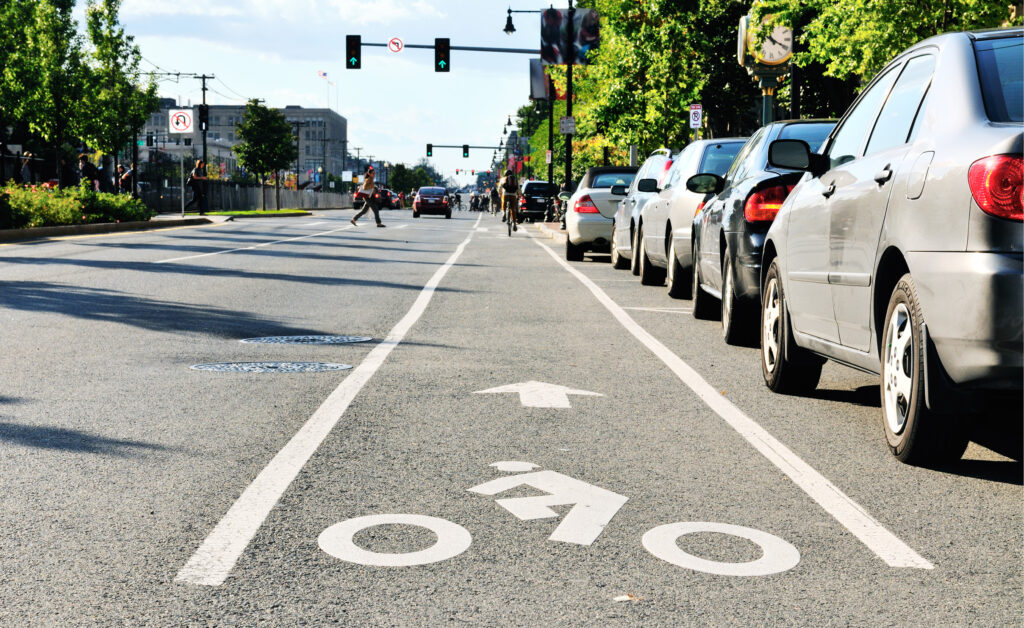by Valerie Green –
July 1, 2017 is an important date in Canadian history. We have certainly come a long way in 150 years since Confederation in 1867.
In this year of celebration, it is interesting and somewhat ironic to journey back to 1867 and see what was happening at that time.
The year began with a 21-gun salute from Beacon Hill to celebrate the fourth anniversary of President Lincoln’s Emancipation Proclamation. This was good news for the black community but as the year progressed newspapers of the day did not sound very positive about the so-called “land of promise” for blacks who had come north for a better life.
After the United States purchased Alaska early that year and the North American map began to change radically, residents on Vancouver Island were considering joining the movement to be part of the United States. The Colonist, however, still fervently hoped that Victoria would remain British. Discussions also were taking place at that time about whether Victoria or New Westminster would become the capital, and on June 21 the Colonist ran a long editorial entitled “Confederation or Annexation?”
At the same time, the Colonist was surprisingly supportive of women’s suffrage and was also prophesying that ships would soon run on oil and sailing ships would be a thing of the past.
Surprisingly enough, the news on July 1 of the existence of the Dominion of Canada and the hope that British Columbia would soon join the new union was not greeted with as much enthusiasm as the July 4 celebrations three days later! Uncertainty as to which way the pendulum would swing was still obvious.
Schools were also in the news and free schools faced a crisis. Governor Seymour had only allotted $6,000 to operate Vancouver Island schools for the whole year and $5,100 of that was already owed for unpaid salaries. It was apparent that the area total of 377 students might have to look elsewhere for their education. In the midst of this crisis, the Superintendent of Education, Alfred Waddington, resigned his position and left for England to enter into discussions to further his plans for a transcontinental road and railway.
In November, Victoria’s Mayor, W.J. Macdonald, was defeated by Dr. Trimble with a vote count of 207 to 108. Ability to vote had been extended to all who held property and the Colonist estimated that the voting turnout was comprised of “142 Britons, 145 white foreigners and 28 Chinese.”
The Chinese (described as “Johns”) were regarded as doubtful voters, especially as they were described in the Colonist thus: “The Johns were generally led up by a stalwart white elector. The polling clerk would ask “Who do you vote for, John? Some answered “Pimble,” others “The Doctah” and some merely voted for “the Doc.” Not exactly the best way to determine an election!
A new city council met soon afterwards and Mifflin Gibbs, chairman of the finance committee, gave what he considered a promising estimate of expenses for the year while Governor Seymour was not being very enthusiastic about his new residence in Victoria. He announced: “The house is large and unfurnished … the walls have no paper to hide the cracks … there is no water on the grounds in summer; all for consumption has to be purchased.” In his statement, he added: “I never saw a community more politically excitable and tempest-born than Victoria.”
The year ended with the possibility that when schools closed for Christmas they might not re-open in the new year, and with discussions continuing as to the merits of both annexation and confederation. It seems strange but true that there was very little celebration either way that year.
Little did those early residents realize what lay ahead for a united Canada and how, 150 years later, we would be celebrating the country’s 150th birthday with joy and thankfulness for the great country in which we live.
Valerie Green is an author/historian; reach her at valgee@shaw.ca.




